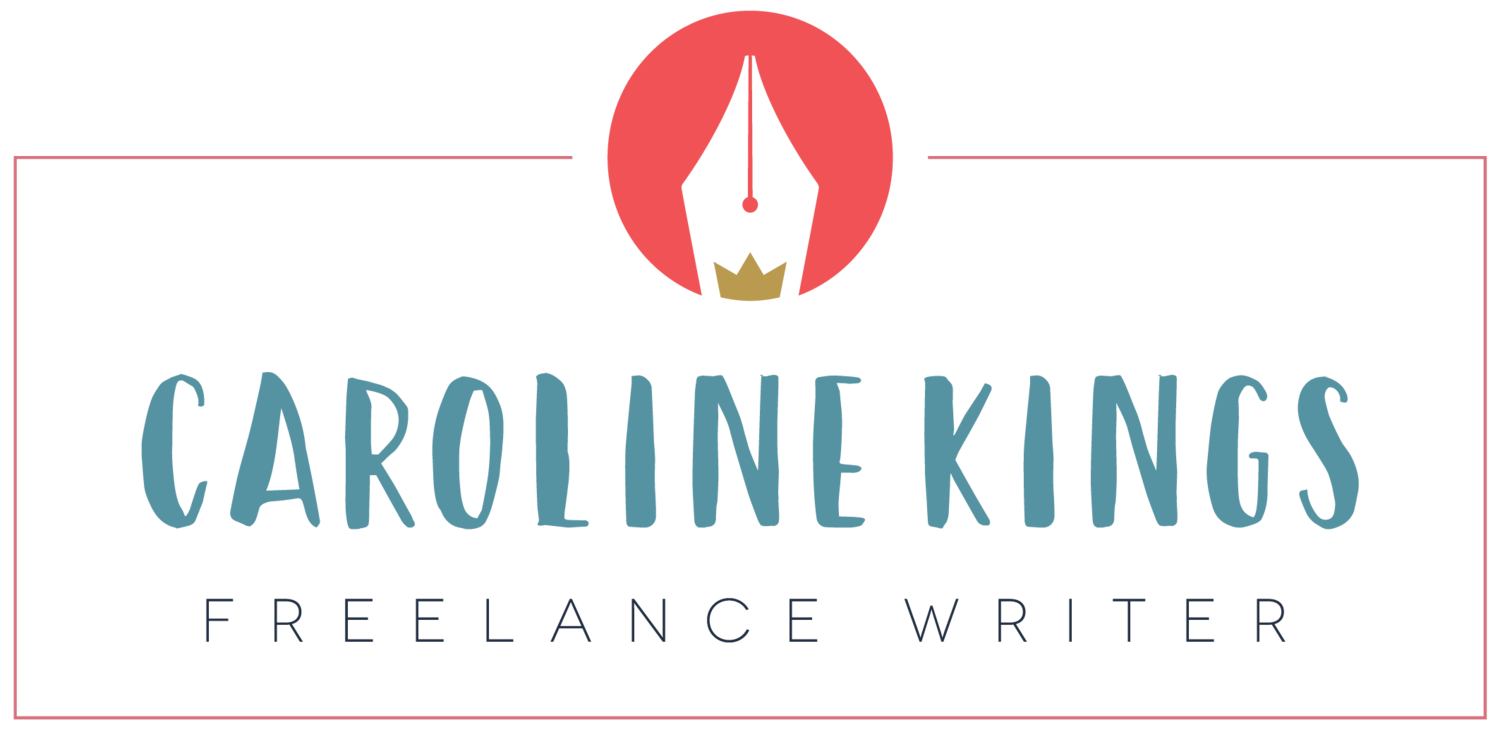How to write clearly
Don’t worry, this isn’t going to be a ‘woo woo’ kind of a blog but I saw a psychic. I had a session with Fiona, for the second time last week. Her opening comments really resonated with me (as did the whole session, really, but that’s not for here).
Fiona said that when she ‘sees’ me, she sees a communicator and apparently, I stand for clarity and truth. Funnily enough, writing clearly is a subject that I’ve wanted to talk about for a while. I wonder if she also saw ‘procrastinator’?!
Writing clearly in your marketing material - web copy, blogs, newsletters, even physical, paper flyers - is really important. You want to make it as easy as possible for your clients to get on board with your brand, product or service. Life is busy. Time is short. Our brains have to process a lot throughout the day and the simpler it is to digest information, the better. You want people to engage with your writing and to remember your brand, with the aim of them buying from you at some point.
But, writing clearly is sometimes perceived as ‘writing for idiots’ or dumbing down, and, in my opinion, that is incorrect. The language you use still needs to match your target audience’s reading level, otherwise they might not relate to you.
Tips on writing clearly
Here are some of my tips on writing clearly for your audience:
- Know your audience - this is important at so many points throughout your business’s life. It helps you devise an appropriate marketing strategy for the people you want to buy your product or service (and the answer isn’t ‘everyone’).
Part of knowing your audience can be to consider the type of press they read (newspaper and magazines, online or physical) and the level of education they achieved. (But these are only guidelines, and we should be careful not to ‘social profile’ too much.) Equipped with this research, you can then think about how you use language to communicate with them and apply that same tone, language and writing style in social media posts, blogs and web copy.
- Keep it simple - write simple sentences. That doesn’t mean that you can’t use a conjunction (and, but etc), or clauses but, I would say, don’t use them all the time. If people have to concentrate too much or if they have to re-read a sentence to understand what you mean, then they’re likely to give up and go elsewhere. That was a long sentence, but it was written clearly. (Let me know if you don’t agree!)
Punctuate - use commas, colons, semi colons and full stops correctly and they show people when to pause or stop. People like punctuation as it shows where there’s an end of a thought and the beginning of another. It shows them when they can take a breath and look up from, for example, your website. (Of course, they can do that throughout!) If you’re unfamiliar with colons and semi-colons or any type of punctuation, then either avoid it or learn it; poor punctuation can confuse.
Connor Pope on Unsplash
- Try to use words that your audience will know. This could be a controversial point of view and where the ‘dumbing down’ accusations begin. There is a time and a place for using a Thesaurus and finding ‘big words’, and I’d say that’s it’s not marketing material (unless you just need some inspo on finding a synonym for great!)
But, on the other hand, one person’s jargon is another person’s common parlance: this is why it’s important to know your audience and what they can understand. If your product or service is niche and appealing to a niche audience, then jargon for that industry is likely to work; otherwise, try to steer clear of jargon.
Crystal clear
The UK has the Plain English Campaign which you may know. I’ve seen their diamond logo on bank statements and letters and I’ve seen something similar, if not the same, on documents here in the US as well.
I love that Microsoft Word has the Accessibility Checker. This isn’t just about writing clearly; it’s about making sure that the writing and anything else contained within the document (tables, graphs etc) is accessible to those with disabilities. This is a good start, but for those of us who then upload documents to websites as blogs or web copy, we need to make sure that the content remains accessible.
Tomorrow and Tomorrow and Tomorrow
The reason I started mulling over the idea of writing clearly was because I was reading a fiction book, ‘Tomorrow and Tomorrow and Tomorrow’ by Gabrielle Zevin, that tested my vocabulary. The Kindle app which, luckily for me, has dictionary functionality, meant I could look up the new words, but I found it really frustrating to interrupt my reading flow in this way.
I started thinking about how the author should have just used words that everyone knew but then had to stop myself in my tracks. How does our vocabulary ever change if we’re not challenged with new words? Yes, I want an easy, relaxing bedtime read but I don’t want to be an ignoramus too.
The cover of ‘Tomorrow and Tomorrow and Tomorrow’
I realised that in some situations, using challenging language is absolutely acceptable and should be encouraged: books and academia being the two that came to mind.
The psychic was right: I do believe in clarity. When I write, I aim for it to be understandable by my target audience, or that of my client, today and always. I would urge you to do the same.
If you want a second opinion on something you’ve written or you’d like to start writing for your business, get in touch and I will be happy to help. Yuri
Thumbnail image is by Yuri Bodrikhin on Unsplash.


